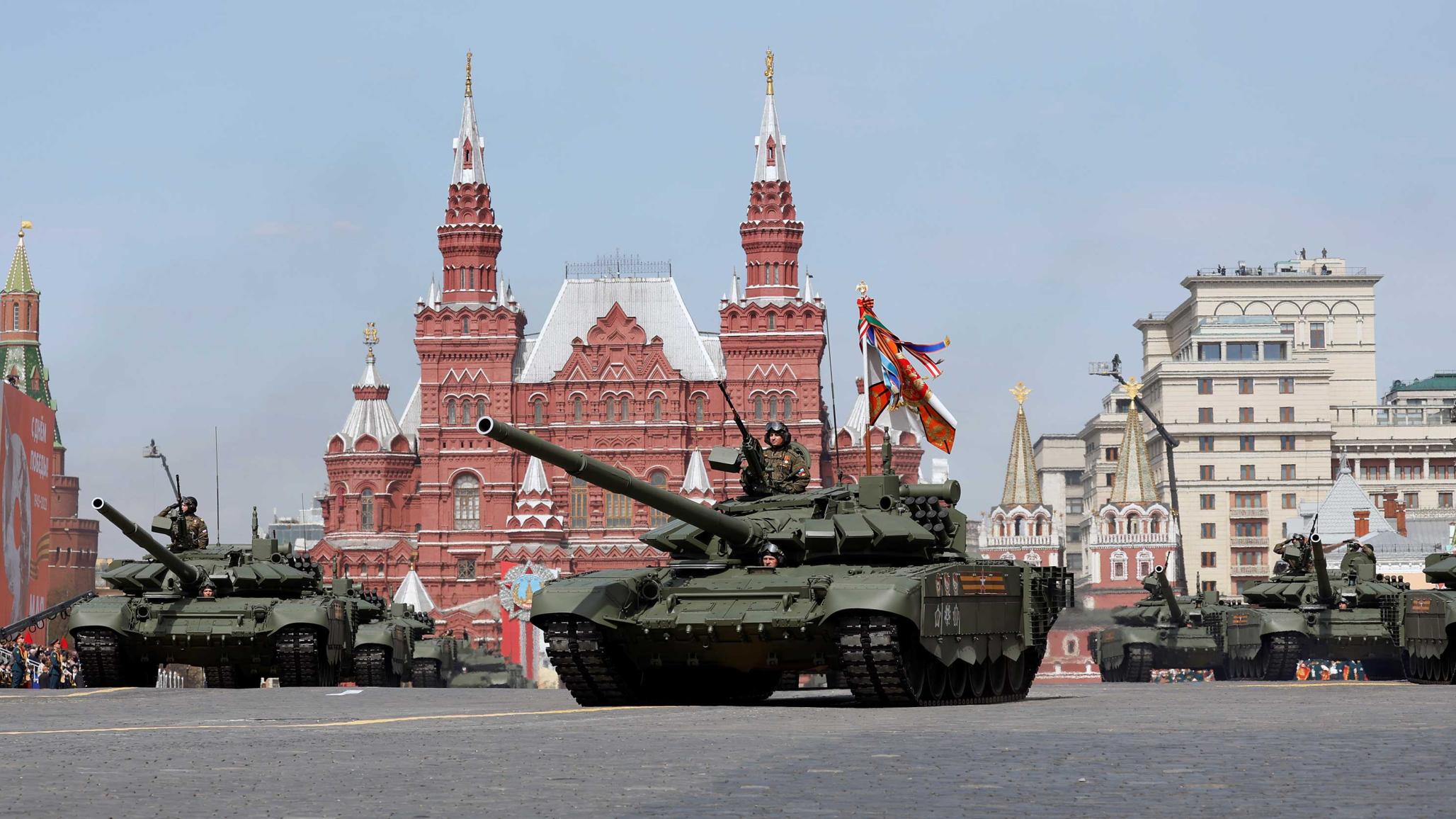Body
Chair Blumenthal, Ranking Member Johnson, and distinguished Members of the Subcommittee: thank you for the opportunity to testify before the committee today. My name is Elina Ribakova, and I am the director of the International Affairs Program and vice president for foreign policy at the Kyiv School of Economics, a leading educational and research institution in Ukraine with over 700 students and 70 researchers. I am also a non-resident senior fellow at the Peterson Institute for International Economics and at Bruegel.
My testimony today is not on behalf of any organization and should be considered as reflecting my own views. The testimony draws on a large body of research that I have conducted – including with my colleagues at the Kyiv School of Economics – on economic statecraft, sanctions, and export controls. It also reflects my prior experience in the financial markets and at the International Monetary Fund. I am pleased to be testifying alongside colleagues from the Royal United Services Institute and Conflict Armament Research, whose work I respect profoundly.
There are several key messages that I would like to convey in my testimony:
- One, Despite Russia's efforts to diversify, its military still heavily relies on components from the U.S. and coalition countries, allowing for leverage through export controls.
- Two, we must do more as Russia continues to import significant amounts of what the U.S., European Union, and other allies have identified as high priority battlefield goods, including from producers headquartered in coalition countries.
- Three, more effective export controls will require improved corporate responsibility for supply chain control. It will also require strengthening the Bureau of Industry and Security (BIS), using financial sanctions, targeting third-country intermediaries, closing export controls loopholes, and improving multilateral cooperation.
- And four, addressing export controls circumvention is crucial, not just for halting Russia's aggression on Ukraine, but also for the credibility of our economic statecraft. It is time to assess what works and what doesn't in export controls to effectively address the challenge posed by China's advances in strategic technologies.



Commentary Type